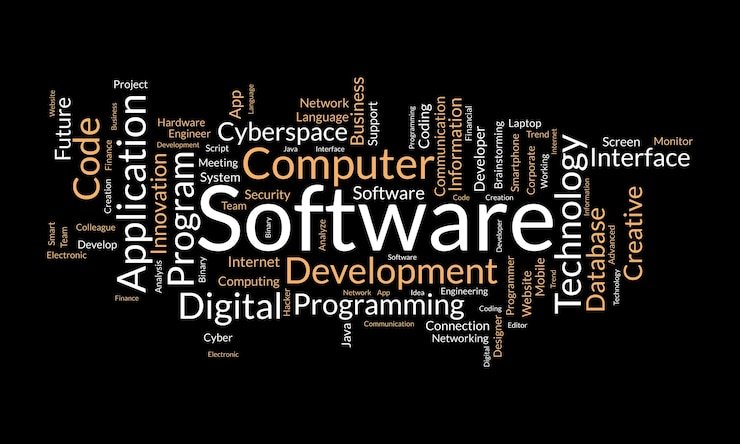
Which Programming Language is Best for Game Development?
A guide to choosing the right language for your game project
Choosing the right programming language is one of the most important decisions you’ll make when starting game development. The “best” language depends on your goals, target platform, and experience level.
In this guide, we’ll break down the most popular programming languages for game development, their strengths and weaknesses, and what types of projects they’re best suited for.
C++: The Industry Standard
C++ is the powerhouse behind most AAA game titles and engines like Unreal Engine. It offers unparalleled performance and control over hardware, which is crucial for resource-intensive games.
Pros
- Exceptional performance and efficiency
- Direct hardware access and memory control
- Industry standard for AAA game development
- Massive ecosystem and community support
- Used by major game engines like Unreal
Cons
- Steep learning curve, especially for beginners
- More complex syntax than modern languages
- Manual memory management can be challenging
- Longer development time compared to other options
Best for: AAA games, high-performance applications, game engine development, VR games
C#: The Unity Favorite
C# is the primary language for Unity, one of the world’s most popular game engines. It combines good performance with easier syntax and modern features.
Pros
- Easier to learn than C++
- Excellent integration with Unity engine
- Automatic memory management
- Strong community and learning resources
- Versatile for both 2D and 3D games
Cons
- Generally slower than C++
- Primarily tied to the .NET ecosystem
- Less control over low-level optimization
- Platform limitations compared to C++
Best for: Indie games, mobile games, AR/VR experiences, cross-platform development
Python: For Beginners and Prototyping
Python isn’t typically used for AAA games but is excellent for beginners, scripting, and rapid prototyping. Its simple syntax lets developers focus on game logic rather than complex code structure.
Pros
- Easy to learn and read
- Rapid development and prototyping
- Great for game scripting and tools
- Extensive libraries (Pygame, Arcade)
- Popular in educational contexts
Cons
- Performance limitations for complex games
- Not standard for commercial game development
- Limited mobile game support
- Less suitable for 3D games
Best for: Beginners, educational projects, game prototypes, tools development
JavaScript: Web-Based Games
JavaScript is the language of the web, making it ideal for browser-based games. With HTML5 and WebGL, you can create sophisticated games that run directly in web browsers.
Pros
- Runs in any modern browser
- No installation required for players
- Strong ecosystem (Phaser, Three.js)
- Easy to share and distribute
- Large developer community
Cons
- Performance limitations for complex 3D games
- Browser compatibility issues
- Less capable for non-web platforms
- Security limitations for certain game types
Best for: Browser games, mobile web games, educational games, simple 2D games
Which Language Should You Choose?
The best programming language for your game depends on several factors:
- Your experience level: Beginners might prefer Python or JavaScript, while experienced developers can leverage C++’s power.
- Target platform: Console games often use C++, while mobile and indie games frequently use C# with Unity.
- Game complexity: Simple 2D games can use almost any language, while complex 3D games need the performance of C++ or C#.
- Team and resources: Consider what skills your team has and what resources are available for your chosen language.
There’s no single “best” language for all game development. Each has strengths in different areas. The most important step is to choose one and start creating!

Leave a Reply